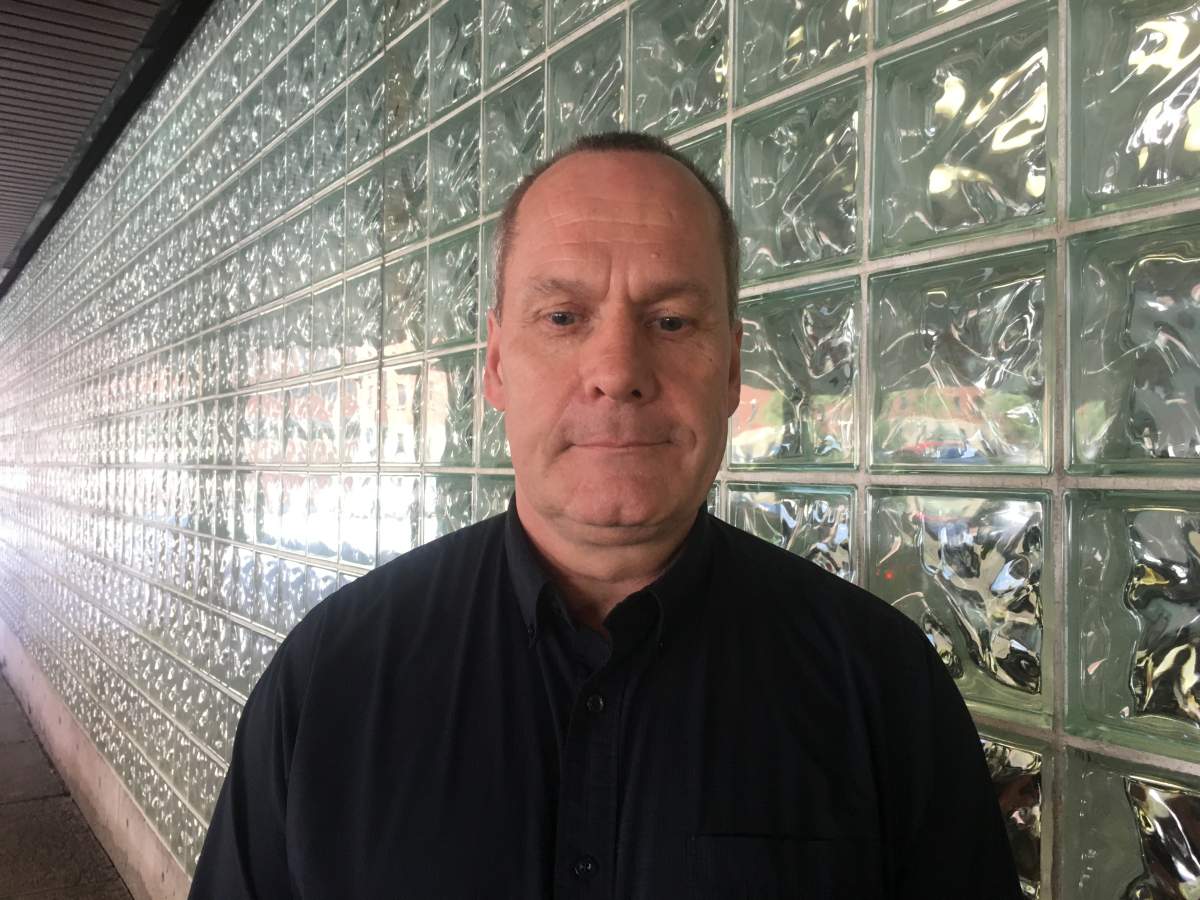The Nova Scotia Health Authority (NSHA) says it’s unable to provide financial compensation for a group of about 60 Dartmouth dialysis patients who will soon be forced to receive treatment in Halifax.

The transfer of appointments will begin next month as the hemodialysis unit at the Dartmouth General Hospital receives major upgrades — a construction period that will last about 12 months.
During that time, patients will rack up a minimum $312 in bridge tolls, or $624 if they’re dropped off by a caregiver who returns to Dartmouth during the four-hour treatment and comes back to Halifax to pick them up.
That’s not including the cost of extra gas, or any street parking fees if the parking lot at the Victoria General is full — a lot for which they have a free pass.
“It’s not common practice to compensate people because of a change in service delivery,” said David Landry, senior director for the NSHA’s renal program.
“From our perspective, we cannot do that.”
READ MORE: ‘It’s just added stress’: Dartmouth dialysis patients frustrated by imminent transfer to Halifax

Get weekly health news
Landry further ruled out a shuttle service for the patients or setting aside designated parking for them in the Victoria General, where they’ll start receiving treatment at the Dickson hemodialysis unit in September.
“I’ve worked with renal patients for over 20 years, and I’ve never heard of anybody having to park on the street,” he explained, adding that 24 Dartmouth dialysis patients have already been receiving treatment in Halifax for years, successfully.
But according to an emailed statement, the NSHA will work with patients to explore what community resources may be available to support those with financial hardships.
The responses fall short of demands from several Dartmouth dialysis patients, who are concerned about the financial burden, inconvenience to caregivers and loved ones, and extra transit time — particularly for those who use the Access-Bus paratransit service.
WATCH: Nova Scotia announces new health-care centre for Middleton

George Borden, who has a wheelchair and has received dialysis in Dartmouth for eight years, said the NSHA ought to provide compensation, since the patients didn’t create “the problem.” He says his patient peers are “family,” and many of them are on a fixed income and can’t afford the extra costs.
“I’d like to tell the people who made the decisions to sit back and realize whether it was their mom or their dad who was in this situation. How would they feel about that?” he told Global News.
A petition against the move to Halifax has been signed by 35 people, including Borden, and was passed on to Dartmouth South MLA Claudia Chender.
The decision to move Dartmouth dialysis patient appointments was made without consultation from the patients themselves. According to an emailed statement from the NSHA, “where real options are limited, it could be disingenuous to ask for input when it would not result in a change in decision.”
Landry said there were no feasible alternatives to the move to Halifax — keeping patients in the Dartmouth unit, he said, would have doubled, or even tripled the construction time, and added about $1 million in project costs.
READ MORE: Halifax, Dartmouth hospitals to get new dialysis chairs
It would also be far too expensive to adapt another building in Dartmouth to accommodate dialysis, which has specific ventilation, water infrastructure and safety requirements, he said.
“There were just barriers that we felt increased the risk of being able to maintain the quality care that we typically provide on an ongoing basis,” Landry told Global News.
“So there were no options to choose from in the end. We had to do what we felt was right in order to provide the care.”
It was a decision made carefully over several years, and the NSHA has since collected patient feedback for analysis and presentation to its executives, and Department of Health and Wellness.
One request they’re able to accommodate, said Landry, is the transport of entertainment options into the Dickson hemodialysis unit, which currently has none.
The department, which is funding the Dartmouth hospital renovations, may be able to help the patients further, Landry explained.









Comments